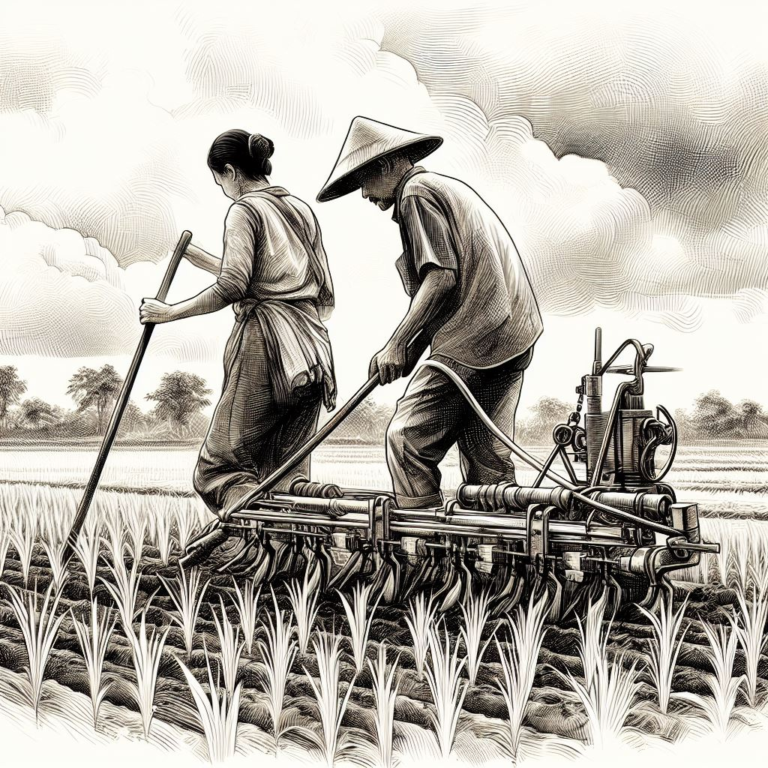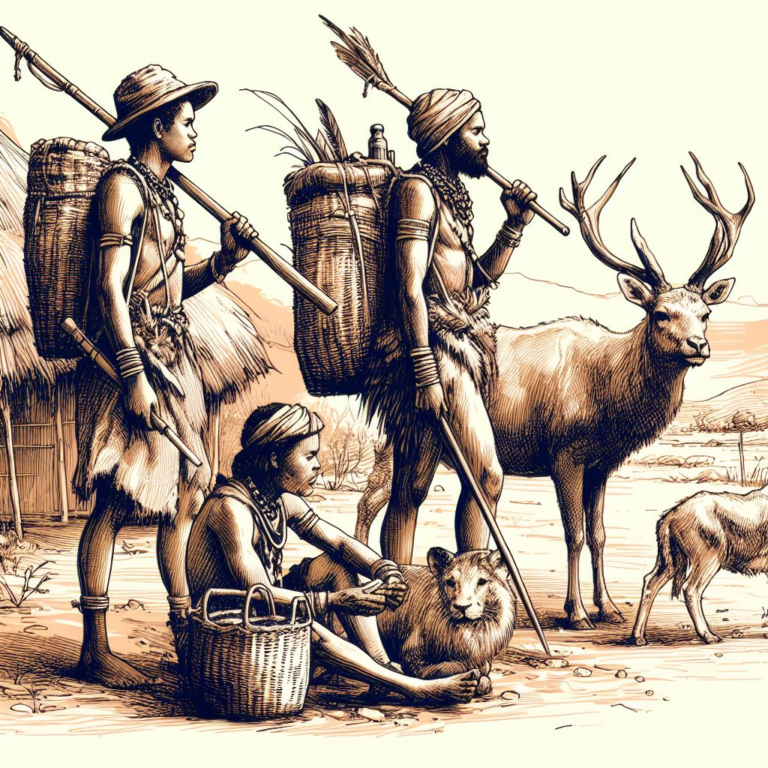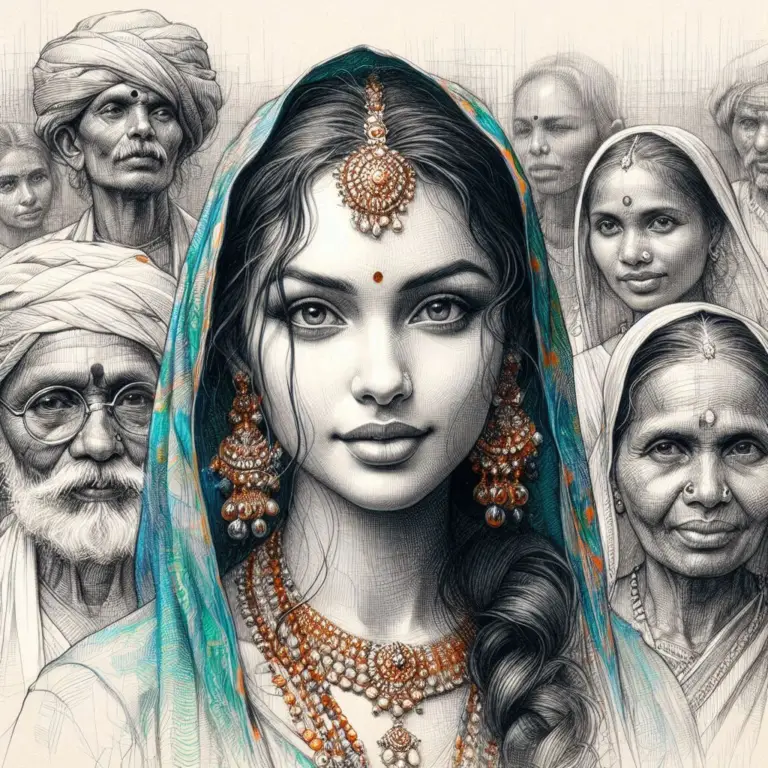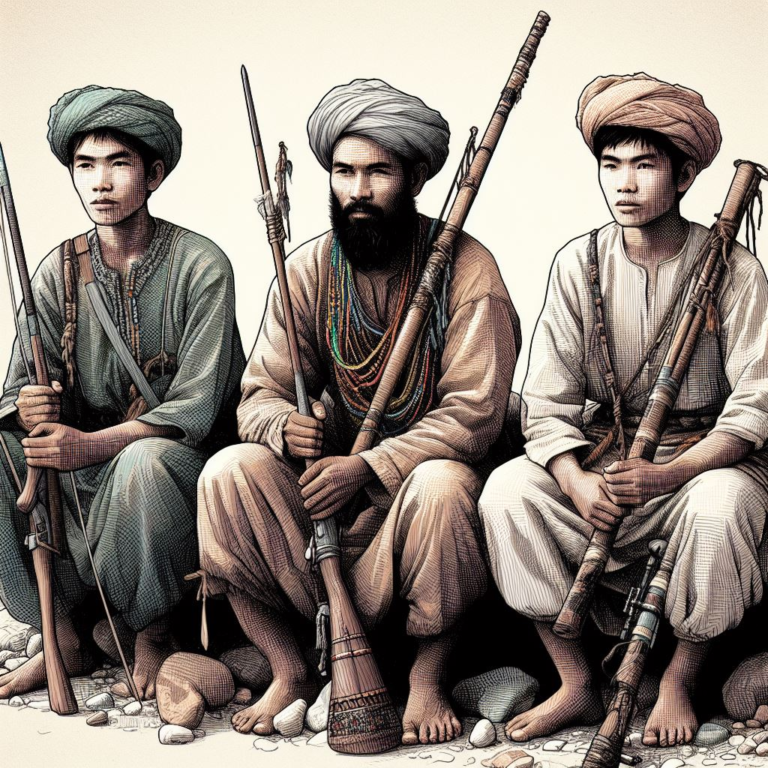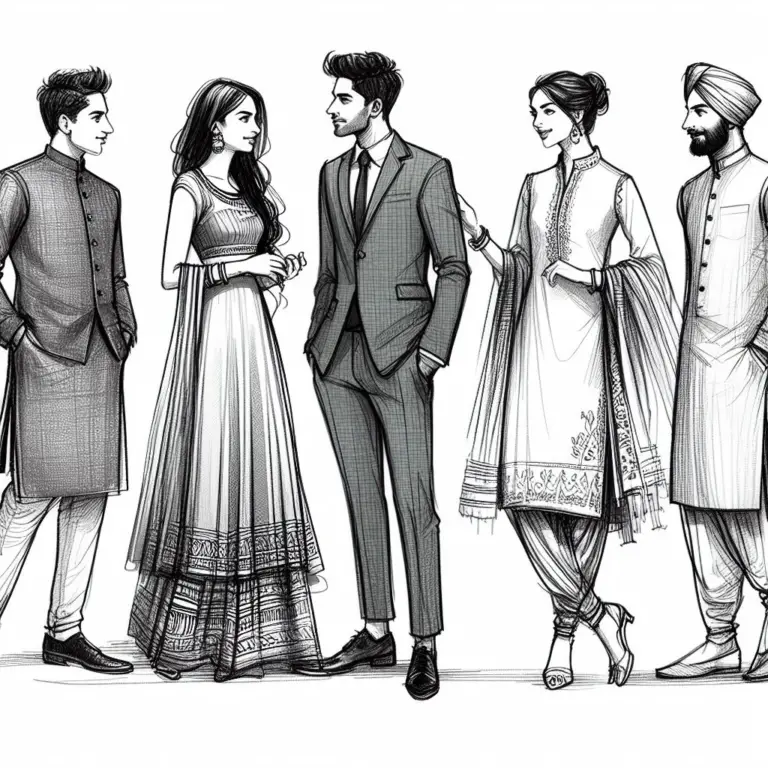A.R. Redcliffe-Brown – The Andaman Islanders (Detailed Summary)
Alfred Reginald Radcliffe-Brown’s The Andaman Islanders: A Study in Social Anthropology (1922) represents a transformative milestone in the field of anthropology, heralding the emergence of structural-functionalism as a dominant theoretical framework. This work was not just an ethnographic account of the Andamanese people but a bold reimagining of how societies could be understood—as cohesive systems […]




